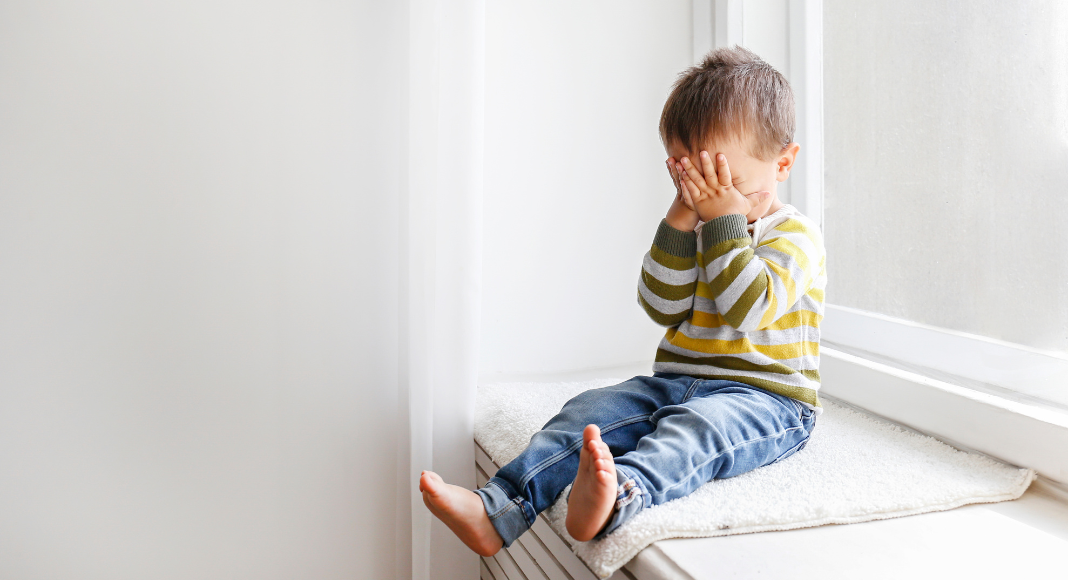 Parenting is hard, but I don’t think you need me to tell you that. It’s even harder when you are striving to parent in a way that’s different from how you were raised. You might find yourself butting up against “old school” or “traditional” parenting methods or struggling to find techniques that work best for your family, all while facing your insecurities or trauma. It’s hard work that requires you to stay curious about yourself and your past.
Parenting is hard, but I don’t think you need me to tell you that. It’s even harder when you are striving to parent in a way that’s different from how you were raised. You might find yourself butting up against “old school” or “traditional” parenting methods or struggling to find techniques that work best for your family, all while facing your insecurities or trauma. It’s hard work that requires you to stay curious about yourself and your past.
Lately, I’ve been more conscious of and curious about my responses and reactions to my children’s behavior. More often than not, certain behaviors trigger emotional responses in me. Lately, I’ve had to stay curious, asking myself why that is the case.
Why do my children’s questions annoy and frustrate me? Why am I angry when they don’t listen the first time? Why do I shut down when my children express their emotions in a big way?
In certain situations, my natural response is simply the result of being human. No one likes to be yelled at or feel devalued. However, most of the time, my responses and reactions to my children are often related to how I was parented and what I experienced growing up. Before I go any further, I would like to acknowledge that my parents did the best they could with the resources available to them. I also know I was not always privy to the stressors they experienced. I don’t say that as an excuse, but I can empathize now that I’m an adult raising two children of my own.
As I reflect on my childhood, I recall living with a lot of fear. Fear of disappointing those around me. Fear of saying or doing the wrong thing. Fear of pushing the boundaries. Fear of speaking up. Growing up, I did what my parents asked me to do without question because “they said so.” I rarely had the chance to voice my opinion or question the adults in my life. That behavior was considered rude or disrespectful. I followed the rules and expectations laid out for me, no questions asked. The result is an adult who now struggles with expressing her opinions and believing her voice matters. As I’ve learned to stay curious and ask myself hard questions, I understand why my children’s questions and opinions rub me the wrong way. I wasn’t allowed the freedom and opportunity to express myself; therefore, I’m uncomfortable when they do.
What about my children’s big emotions? Those are hard to deal with because I experienced two extremes in my household. One parent was comfortable expressing anger, but not always in productive ways, and the other rarely showed any emotion. My therapist helped me to see that I gravitate towards holding my emotions in because of the examples set by my parents and the inability to express my thoughts and feelings. Working to overcome that wiring is tough stuff! However, I’m learning to identify, name, and express my emotions in healthy ways while helping my children learn to do the same.
In parenthood, my children have been a mirror, reflecting my own struggles and showing me things about myself that are difficult to confront. I have carried the experience and expectations laid out for me in childhood into parenting, but I desperately want to do things differently and parent better. I want them to ask questions. I want them to stay curious. I want them to use their voice. I want them to know their opinions matter. That means I have to keep digging deeper and doing the hard work of developing into the person I want to be. I must stay curious about myself.








